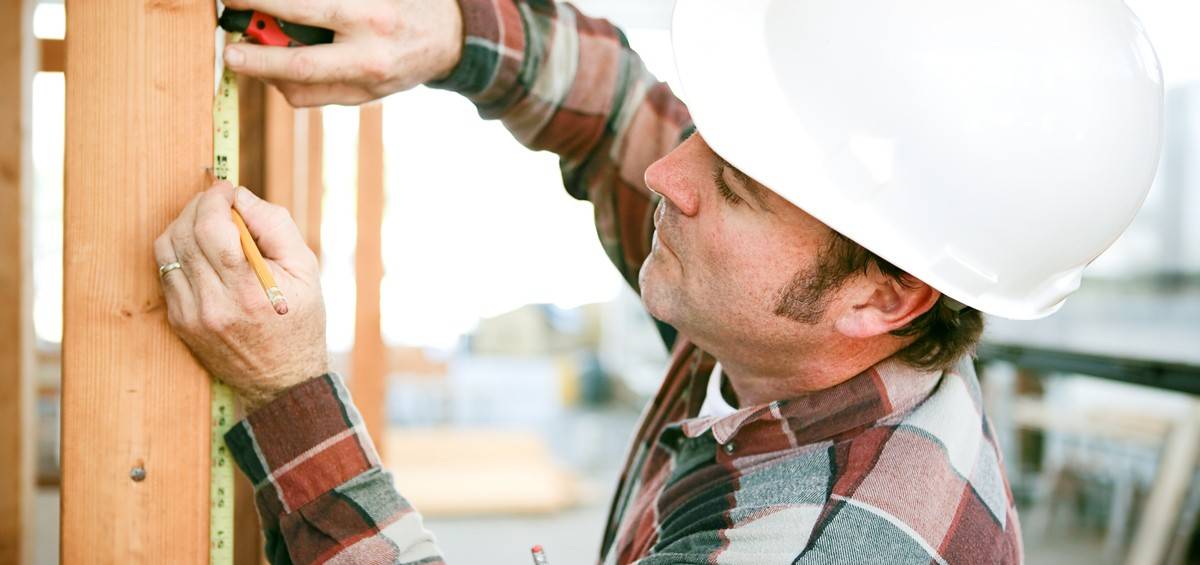
Back Injuries – The Life Of A Tradie
Your back is your livelihood
Working long hours as a ‘Tradie’ can be very physically demanding. Constant lifting and manual labour can result in a number of lower back and hip impingement issues.
Maintaining a consistent level of physical activity and injury prevention work can be a real drag (especially after a long day).
While Tradies do uphold a general level of fitness, there is a great strain on certain areas of the body such as the back and hips, which untreated can lead to a number of chronic problems.
Unlike people in other professions, Tradies rely on their body. A breakdown in one part of the body can have ramifications affecting not only their work but also their livelihood.
After all, your mates are tired of you complaining!
Back injuries
- Chronic non-specific lower back pain
- Sciatica
- Degenerative Disc Disease
- Spinal Stenosis
- Arthritis
- Fractures
These injuries are usually a result of lifting, manual labour and general imbalance.
Symptoms to look out for with back injuries
- Localised Pain
- Tenderness
- Stiffness
- Numbness or tingling
- Referred pain in legs or neck
It is important to note that referred pain in various parts of the body could all be stemming from the same or different source. While your hips and back may feel okay, it is not necessarily the case.
How back injuries are diagnosed
Back injuries by nature are complex and multifaceted, for this reason it is often more difficult to get an accurate diagnosis for back pain than other medical issues.
The diagnosis will customarily begin with a review of the patient’s medical history, taking into account things such as previous back injuries, surgeries and hereditary back issues.
Depending on the severity a physical examination is then likely, testing for pain and reviewing in line with the symptoms presented. Once the Osteopath or Physiotherapist has a sound understanding of the injury, a diagnostic test such as an MRI or CT scan will confirm the assumed source of pain.
Tradies present a unique dynamic, in that they rarely have time to rest the injury they are carrying.
On the job solutions
- Alter your lifting technique
- Asking for help with heavier lifts
- Stretching before and after a work day
- Adjusting your car seat to be reasonably upright
Treatment for back injuries
At our clinic we pride ourselves on providing a tailor made treatment plan, understanding that every patient is unique.
Conditional to the back injury, there are a number of treatment options:
Medication
Generally medication for back pain is recommended as a short-term pain relief option. While this medication won’t heal the injury it can be useful in reducing inflammation and providing greater mobility for a short period. Any back pain that is sustained for longer than 3 months is classed, as ‘chronic’ and medication should only be taken under the advice from a medical professional.
Lifestyle advice
Like any injury or disease, lifestyle choices can affect back pain. Some tips to help with the prevention and treatment of back pain and discomfort include
- Healthy diet – While this does not directly affect back pain in can contribute to other problems, which affect the back. So eating potato cakes at ‘smoko’ is not advisable
- 15 minutes of stretching, therband work and pelvic floor strengthening per day can benefit greatly in building a strong core, lower back and surrounding areas
- Focus on sleeping well and ensuring your mattress suits you
Massage
Massage has long been renowned as the treatment for back pain. Designed to increase blood flow, decrease tension, increase endorphin levels and provide greater flexibility. Massage also has proven benefits in terms of stress relief and relaxation, which can assist sleep.
Joint mobilisation
At the clinic we emphasise adjusting the back to alleviate pain and tenderness, this can be done through a number of techniques such as High velocity low amplitude thrusts, which are comfortable and most importantly leave you feeling more balanced.
Treatment of back pain is best done as soon as you feel discomfort, getting back on the footy field and moving around freely is your priority, so make it our priority to locate the source and treat it as best we can!
If you have any questions in regards to this condition do not hesitate to call our team to arrange an appointment.
For more information on how our team can help you, or to book an appointment contact us on (03) 9470 1010.



